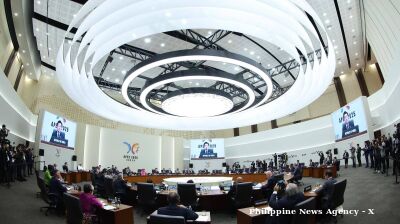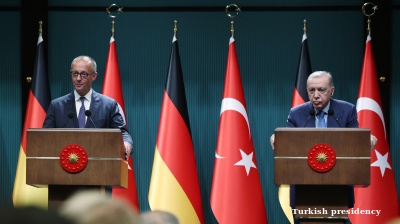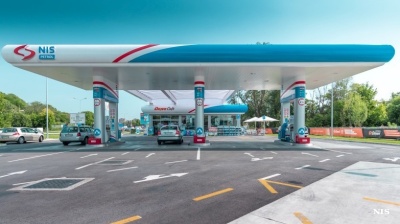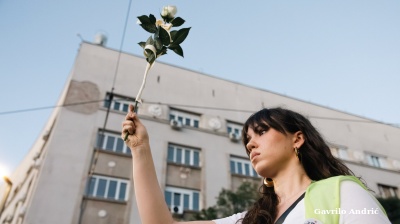Serbia is experiencing a sharp decline in civic freedoms amid a crackdown on student-led protests, according to a report released on July 30 by CIVICUS, a global alliance of civil society organisations.
The student-led protests began in November 2024 after a concrete awning collapsed at a railway station in northern Serbia, killing 16. Citizens called for accountability and an end to corruption, which many blamed for the disaster. The protests have since expanded to demand early elections and an end to President Aleksandar Vucic’s 13-year rule.
The CIVICUS Monitor report accuses Serbian authorities of “legitimising violence against protesters” and employing police force, surveillance and politically motivated prosecutions to stifle dissent. It classifies Serbia’s civic space as “obstructed,” indicating serious concerns about violations of freedoms of expression, peaceful assembly and association.
“The right to peaceful assembly, expression, and association is under threat in Serbia,” the report said. “Authorities have responded to civil disobedience with brutality and detentions, while violent groups backed by the state have attacked activists with impunity.”
The publication of the report follows an incident on July 28 when masked men forcibly removed students occupying the University of Novi Pazar in southwest Serbia. Despite police presence, no intervention was made. The following day, protests erupted across multiple cities, including Kraljevo, Niš, Novi Sad and the capital Belgrade.
CIVICUS documented a pattern of repression marked by police use of tear gas and beatings, with more than 400 protesters detained during the first week of July. The report also highlights credible accounts of serious injuries and mistreatment in custody.
During a major protest on June 28, police detained 77 people, some of whom reportedly were denied medical attention. In response, students launched a nationwide civil disobedience campaign, erecting barricades and holding spontaneous rallies across the country.
The report notes that counter-protest encampments, allegedly organised by the government and guarded by police, have become flashpoints for violence and attacks on journalists.
“Senior officials have encouraged and sought to legitimise violence against protesters,” the report states. Earlier this month, President Vucic pardoned four men linked to the ruling Serbian Progressive Party (SNS) who had been convicted of assaulting a female student in Novi Sad—an incident that precipitated the resignation of the prime minister earlier this year.
The Serbian Interior Ministry defended police actions, saying all measures were lawful and intended to maintain public order. The government has yet to publicly respond to the CIVICUS findings.
Serbia joins Kenya, El Salvador, Indonesia, Turkey and the United States on CIVICUS’s latest Watchlist, which monitors civic space in 198 countries and territories. Countries rated as having “obstructed” civic space are those where civil liberties are severely pressured, civil society groups face harassment and independent media are restricted.
CIVICUS works with over 20 partner organisations to track global civic trends and promote accountability.
News

Russia faces $50bn annual losses from oil sanctions as Lukoil exits international assets
Russia is expected to lose at least $50bn annually due to oil-related sanctions, as Moscow’s largest private oil producer Lukoil agrees to sell its international assets and Germany considers nationalising operations owned by state-run Rosneft.

Chicken and chips in Seoul - for Nvidia, Samsung and Hyundai
In a low-key fried chicken shop in southern Seoul, the leaders of Nvidia, Samsung Electronics and Hyundai Motor held an informal meeting on the evening of October 30.

Presidents Lee and Xi begin diplomatic chapter at APEC summit
President Lee, who is chairing the first session of the summit at the Hwabaek International Convention Centre, stood at the entrance to personally welcome participants. President Xi reached the venue at approximately 10:02.

South Korea opens APEC summit focusing on connectivity and growth
South Korean President Lee Jae Myung chaired the opening session of the Asia Pacific Economic Cooperation (APEC) Leaders’ Meeting on the morning of October 31 in Gyeongju, North Gyeongsang Province.




